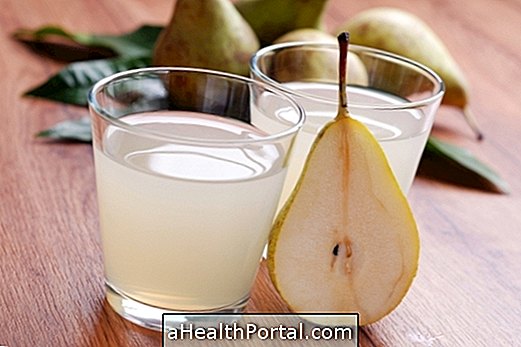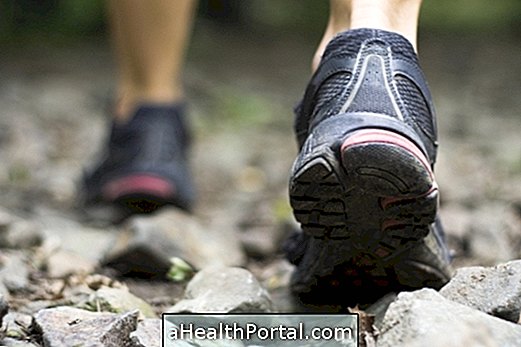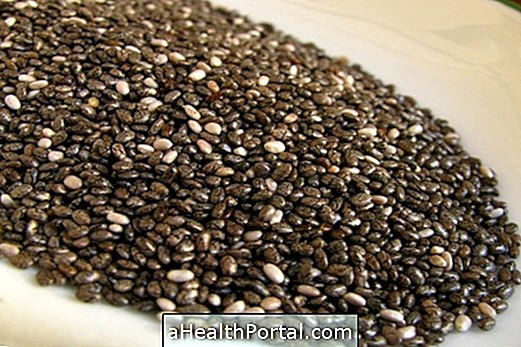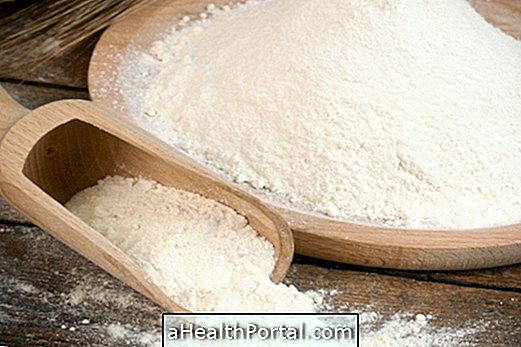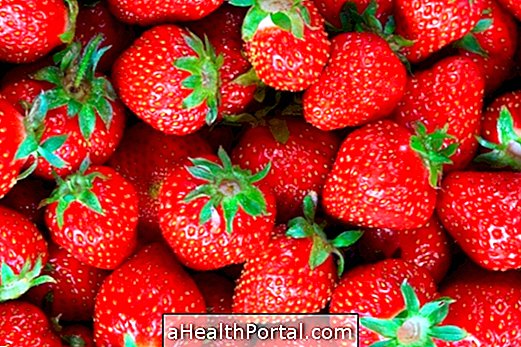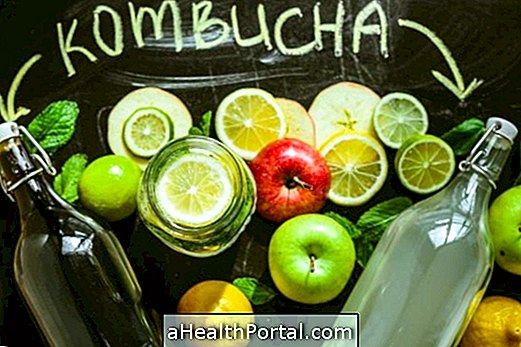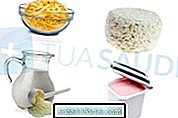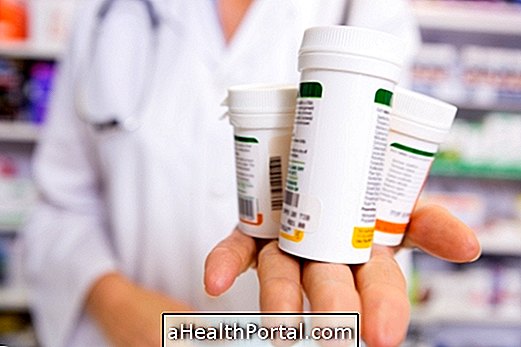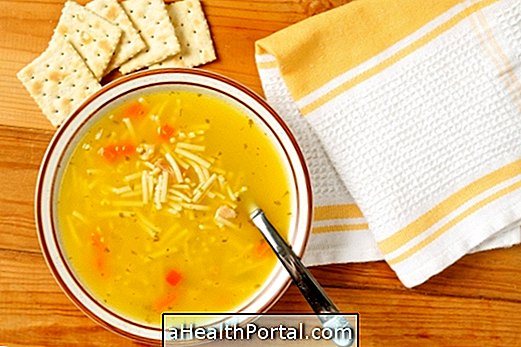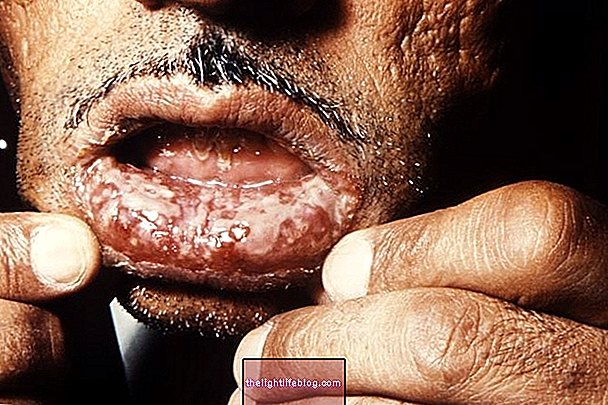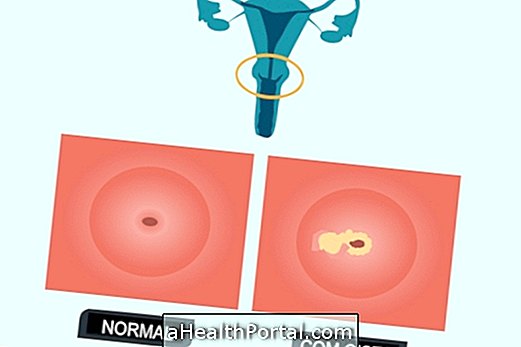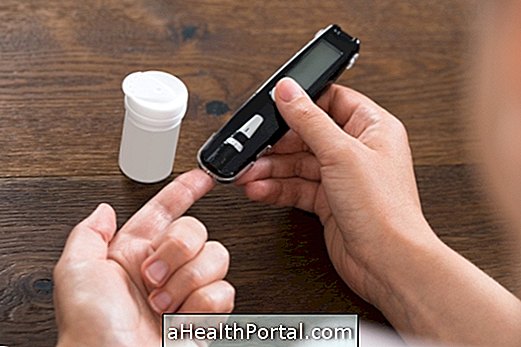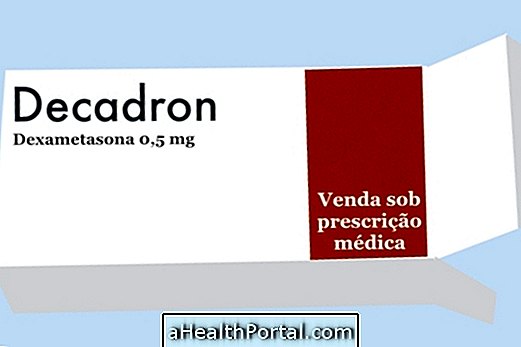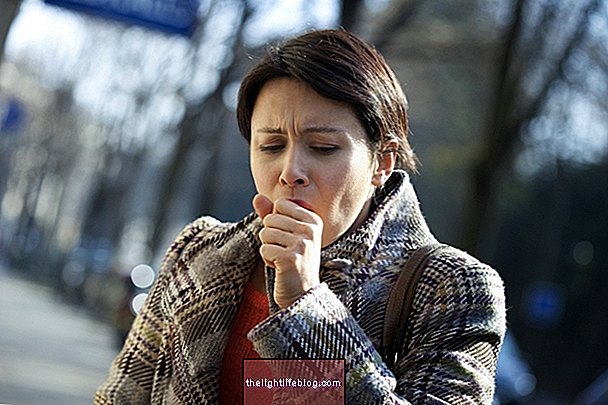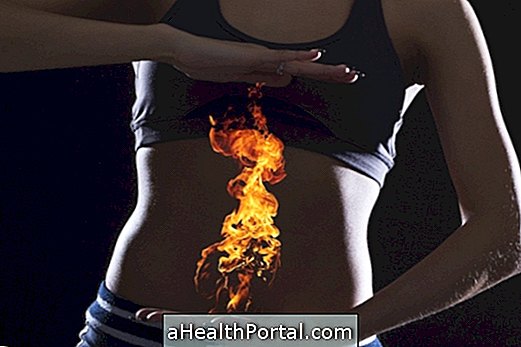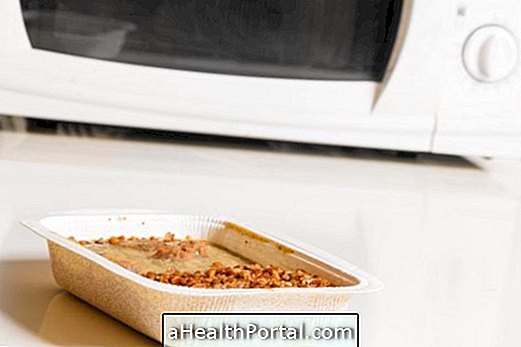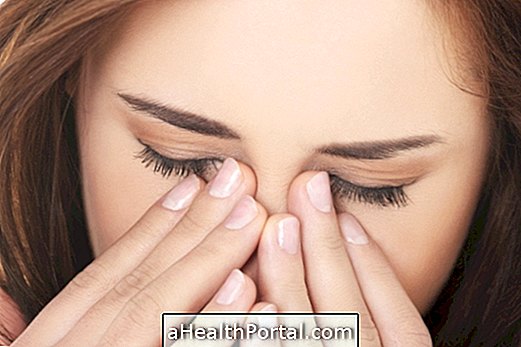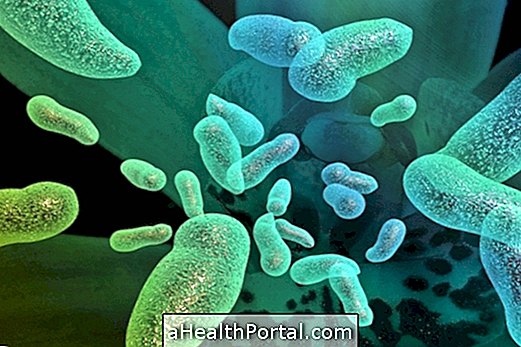Phenylalanine can help weight control by participating in processes that regulate food intake and give the body a sense of satiety. Phenylalanine is an amino acid that can be found naturally in foods rich in proteins such as meats, fish and milks and derivatives, and in the form of supplements sold in pharmacies and health food stores.
The use of phenylalanine supplements should be prescribed by your doctor or dietitian and is contraindicated for people with problems such as hypertension, heart disease, and pregnant women.
Action of phenylalanine in hunger control
Phenylalanine acts in the control of hunger because it participates in the formation of dopamine and norepinephrine, important substances for the regulation of food intake and are also involved in the control of learning, mood and memory. In addition, phenylalanine stimulates the production of the hormone cholecystokinin, which acts on the intestine and gives the body the feeling of satiety.
Usually the recommended dose of phenylalanine is 1000 to 2000 mg per day, but varies according to the person's characteristics, such as age, physical activity and presence of problems such as stress and anxiety. However, only phenylalanine supplementation is not enough to lose weight, since weight loss only happens when there is also a healthy diet.


Care to be taken with phenylalanine supplementation
Care must be taken with phenylalanine supplementation because the excess of this amino acid can bring side effects such as heartburn, nausea and headache. Phenylalanine is also contraindicated in cases of:
- Heart diseases;
- Hypertension;
- Pregnant or breastfeeding women;
- People taking medicines for the treatment of depression or other psychological disorders;
- People with phenylketonuria.
Thus, phenylalanine supplementation should be advised by the physician or nutritionist to ensure its beneficial effects.
Foods rich in phenylalanine
Phenylalanine is naturally present in foods rich in protein, such as meats, fish, milk and dairy products, nuts, soybeans, beans and corn. The consumption of phenylalanine in food does not pose health risks and only people with phenylketonuria should avoid these foods. See a complete list of Foods rich in phenylalanine.
If you are wanting to lose weight, see also:
- Fast weight loss
- How to make a healthy diet to lose weight
